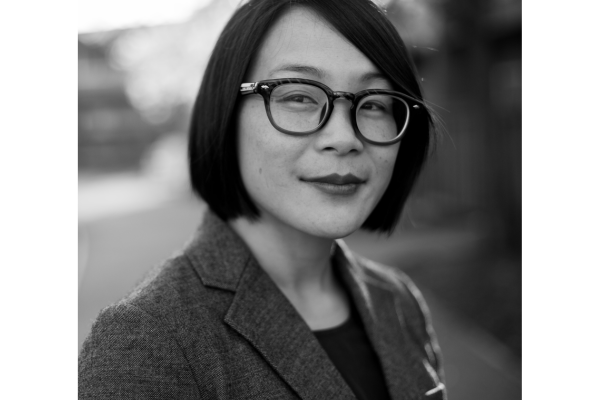
The Institute for Chinese Studies presents:
"May Fourth Legacies in the Cultural Revolution Model Works: Jiang Qing and 1930s Drama Reforms"
Mei Li Inouye
Centre College
Abstract: During the Cultural Revolution, Jiang Qing, also known as the wife of Mao Zedong, persecuted prominent dramatists and prevented modern dramas from being performed. The banning of the model works and the revival of modern drama after Mao’s death have led to the assumption that modern drama’s influence on the model works was limited. However, Jiang studied performance in the 1920s and 1930s with some of China’s most prominent dramatist figures. This talk examines Jiang’s training in modern spoken drama over multiple decades at three modern drama schools or organizations where she encountered China’s most famous modern drama practitioners and their experiments. It demonstrates how the porosity and experimental nature of the field of modern spoken drama gave her opportunities to develop as an actress and to participate in the public sphere. It argues that an understanding of the Cultural Revolution model operas as modern dramas makes visible specifically modern and May Fourth era legacies in the model works as well as Jiang Qing’s role in the institutionalization of certain aesthetic and organizational reforms. This talk is part of a larger project supported by archival documents, print media, and oral histories gathered from over 40 archives, private collections, and libraries in the People’s Republic of China and the United States. Download the PDF flyer here.
Mei Li Inouye is an assistant professor of Chinese at Centre College with a Ph.D. in Chinese Literature from Stanford University. Her research interests include transnational exchange, gender politics, performance and remix studies in modern Chinese literature, theater, and visual culture. Her book project, “Performing Jiang Qing (1914-1991): Gender, Performance, and Power in Modern China,” examines the most powerful, visible, and reviled woman in the history of modern China as a cultural formation, an artistic figure, and an intermedial method that can help us understand the interplay of gender, performance, and power in the worlds she inhabited and the scholarship that has tried to understand those worlds. Her scholarship has been supported by a CLIR-Mellon Fellowship, the Stanford Humanities Center, and the Freeman Spogli Institute for International Studies. Her article, “Marketing Jiang Qing: Revolutionary, Modern Girl, and Dangerous Woman in Left-wing Cinema,” is forthcoming in the Journal of Chinese Cinemas. Her article, “Soviet Dramatic Theory and Dramas on Stage in 1930s Shanghai,” can be found in the fall 2022 issue (5.2) of International Comparative Literature.
